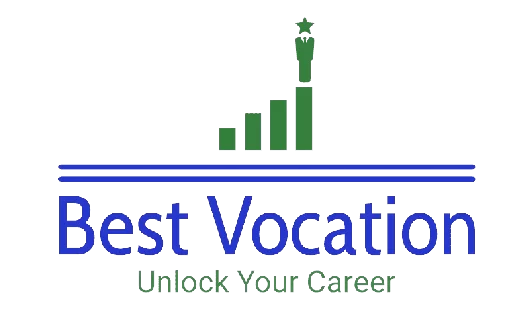Scott Scantlin’s new book The Relevance Gap is a much-needed aid for anyone who wants to make sure they won’t be left behind as we move into the third decade of the twenty-first century and beyond.
Scantlin begins by defining the relevance gap as “the distance between where you are and the speed of the world changing around you.” If we don’t keep up with how the world is changing around us, we will be left behind. For most of us, that means staying on top of ever-changing technology, but it is more than that. It is realizing the skills you already have that you can evolve and use to stay relevant as the world changes around you. Scantlin once asked his ninety-four-year-old grandmother what her secret was and she replied, “Stay away from senior living facilities and never stop moving. When you stop moving, you die!” Scantlin reminds us that the same is true in our career-we are either expanding or contracting; there is no in between.
Scantlin spends considerable time discussing how the world is changing and how the younger generations are driving that change. He discusses how Millennials and Gen Z, unlike earlier generations of consumers, are not driven by survival or the need for extreme wealth, but rather, they want to belong to a community and make a difference in the world. We need to keep up with them by adapting to their communication preferences (they’d much rather text or use social media to communicate than talk on the phone or have an in-person meeting), and we need to get behind the products and services that serve the causes they support. As Scantlin says, “By 2020, Gen Z will account for about 40 percent of all customers, and they’re prepared to speak with their dollars.”
Doing things the old way also will no longer work in the future. A perfect example is how taxi cab companies are suffering in the wake of Uber. Scantlin states: “The future of artificial intelligence, nanotechnology, 3D printing, autonomous vehicles, and blockchain does not belong to big business; it belongs to the creators of disruptive innovation who make things simpler, easier, and more affordable. For example, Netflix owns no movie theaters, Uber owns no taxi cabs, Airbnb owns no hotels, and LegalShield owns no law firms, yet they are dominating their market categories. What do they all have in common? They are disruptive, technology-based companies that connect the consumer to the product through a mobile app.”
Scantlin knows what he is talking about. He shares his own story of how the market collapse of 2006-2008 made his marketing business irrelevant. Now he’s revamped his business to make it scalable, and he is on target for soon achieving $1 million in residual income.
But how do we stay relevant? It’s actually easier than you might think. As Scantlin explains, it’s about being aware of what is going on in the marketplace and using that knowledge to your benefit. For example, biohacking may sound like some scary scientific experiment out of a horror film, but Scantlin brings it down to a level we can all understand by explaining that companies are already doing it. They are analyzing how the brain reacts and using that to sell products. For example, Facebook has been built to create dopamine rushes that become addictive. Scantlin also talks about the power of the subconscious and how we can learn to use our subconscious to our benefit so our brain works for us when we may not be working.
One of my favorite discussions in The Relevance Gap is about knowing what your core values are. Just because the world is changing around us doesn’t mean we have to be like a leaf blowing about wherever the wind takes us. Instead, if we establish our core values, we will know what is important to us and abide and follow after those things rather than chasing after the latest trend. We will then be steady like a tree, able to withstand the strongest storm. In my opinion, the chapter on core values alone is worth the price of this book.
Scantlin discusses many other things, which surprisingly, turn out to be more about how we can cultivate self-esteem, eliminate negative self-talk, set goals, and develop a vision for what we want. Then we don’t have to worry about chasing after the latest technology trends, except those relevant to our purposes. We can develop clarity on what we want and pursue it in a focused, career-oriented, purpose-driven way that will benefit us, our industry, our clientele, and our relationships. This honest and visionary focus is refreshing, eliminates fear, and is, best of all, realistic.
I really feel that in The Relevance Gap Scantlin has captured in a nutshell the essential elements to stay relevant in the 2020s or any decade to come. It’s a book that can benefit any reader, from high school students to ninety-four-year-old grandmothers and everyone in between.


More Stories
Football Never Sleeps: Notre Dame Football and CFP résumé-building
Construction of World’s Tallest Building to Resume With New $1.9B Contract for Jeddah Tower
Unlock Opportunities with Resume Writing Training Today